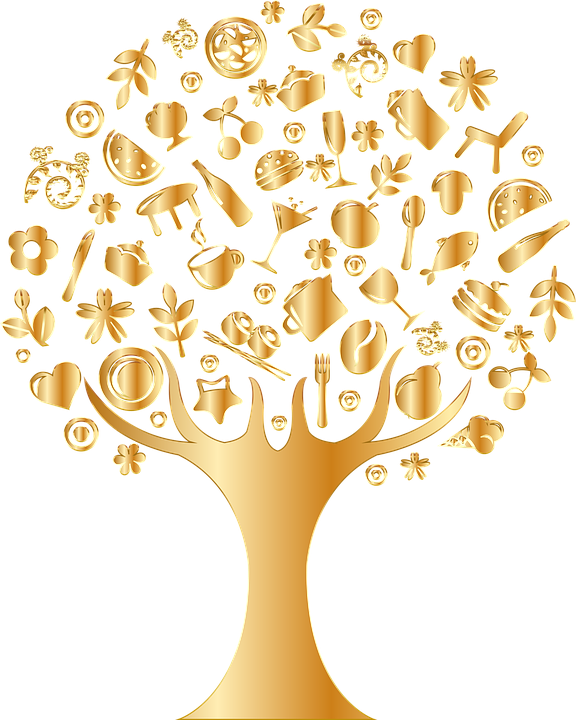Location: IHR North American History Room, Senate House, Malet Street, London, WC1E 7HU
Date: 30 January 2020, 5.30pm
Lucy Havard (Cambridge) – “Domestic Knowledge” in the Early Modern Recipe Book
Early modern recipe books have become increasingly popular sources for historical research over recent decades. Extensive compilations of food recipes, medicinal remedies and household tips, these manuscripts provide a tantilising window through which to examine the social and cultural history of early modern England.
This paper utilises a collection of seventeenth-century recipe books housed at the Wellcome Library in London to examine the concept of ‘domestic knowledge’ in the early modern period. I define ‘domestic knowledge’ as knowledge generated in the home environment, transmitted largely through an oral tradition but also reflected in the material culture of manuscript recipe books.
Building on the work of Elaine Leong, Alisha Rankin and others, I explore women’s culinary activities in the seventeenth century, focusing particularly on the concept of food preservation. I argue that early modern domestic practices were experimental, requiring skill, judgement and an extensive knowledge base.
Through detailed textual analysis and the reconstruction of early modern preserving recipes, I explore the explicit and tacit ‘domestic knowledge’ required for food preservation. I also draw attention to the strong parallels existing between the methodologies of contemporary natural philosophical institutions like the Royal Society, and those of the domestic kitchen. Through understanding and uncovering the tacit ‘domestic knowledge’ required for preserving practices, I argue that such common tasks in the seventeenth-century household might be considered under the umbrella of early modern natural philosophy, and that the housewife was a legitimate actor in the associated knowledge production.
Mimi Goodall (Oxford)- Consuming Sugar in the British-Atlantic World 1650-1720
Over the course of the long-18th century, sugar became a good that was mass-consumed. Thus far this story has been placed firmly in the 18th century, relying on an economistic explanation that falling prices after 1720 were the primary reason for the increased uptake. And asserting that this amplified consumption was facilitated the growing appetite for coffee and tea.
Conversely, it is widely accepted that the supply side of the sugar industry, the plantation economy and the slave trade, developed with rapidity during the second half of the 17th century. The demand side, however, has not been fully investigated for this early period.
My paper will do this investigating. It looks further back into the 17th century and demonstrates that sugar was widely available across the British-Atlantic world as early as 1650. Rather than only being eaten by elites, sugar was consumed across the socio-economic spectrum. There were many different types of sugar – ranging from the very expensive to the relatively cheap. It was ubiquitous, found in the puddings, in the biscuits, in the jams, and even in the medical remedies.
I argue that demand for sugar preceded the boom in tea and coffee consumption. The groundwork for mass-consumption was, in fact, laid many years prior. Consumers developed a proclivity for sweetness and a reliance on sugar’s calories much earlier than has been recognized.
The repercussions of such consumption are important. It shows that a market for sugar existed and thrived early on, and it helped to consolidate the sugar industry. It explains why plantation owners would have felt encouraged to develop an industry based on the exploitation of thousands of enslaved people.
